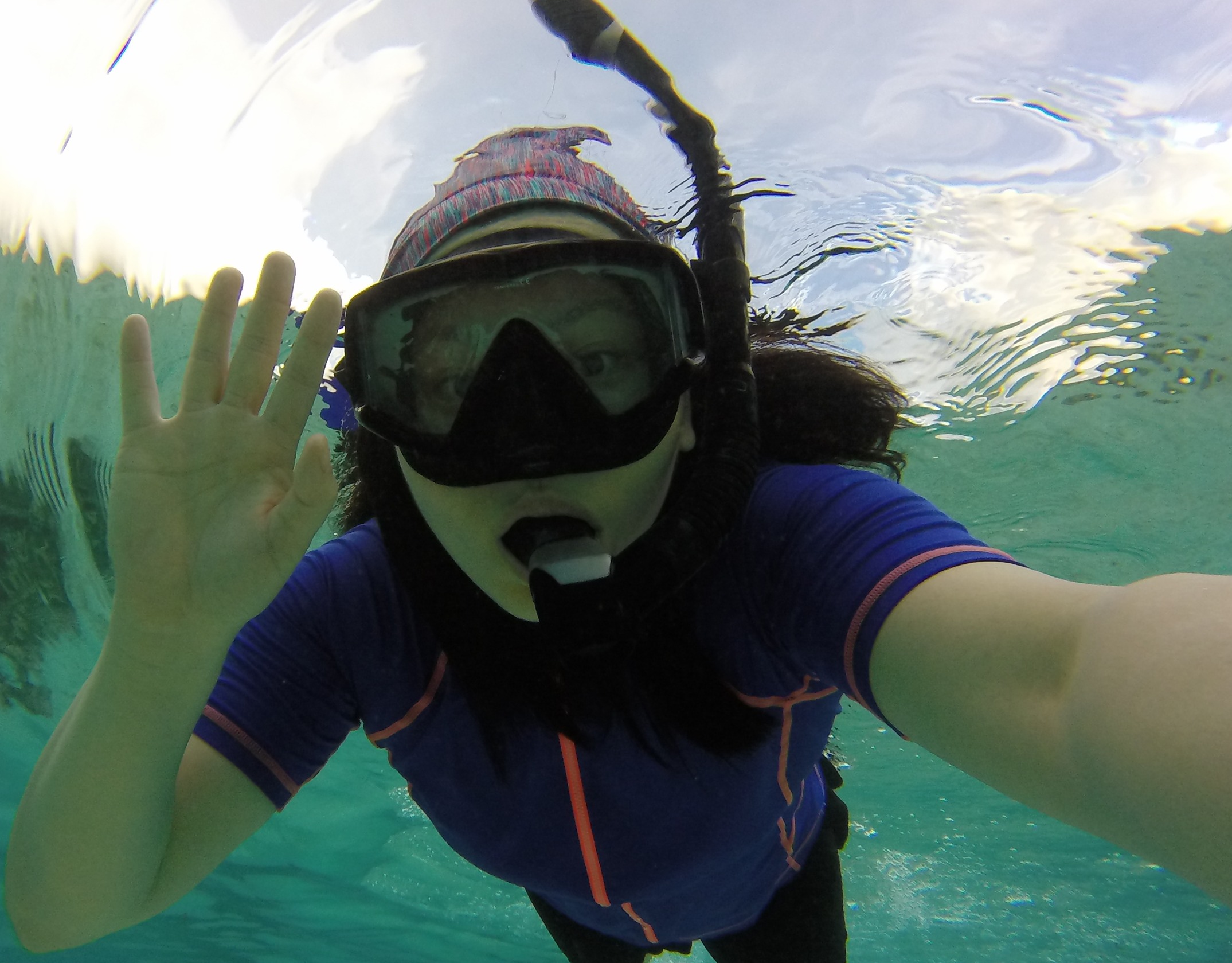How To Come Out On Top During Your Holiday Gatherings With Your ADHD Spouse
- Non-ADHD Spouse

- Dec 19, 2023
- 4 min read
Updated: Dec 21, 2023

In the early years of my marriage, holiday gatherings were a true headache for me. I often found myself unable to relax and enjoy these events due to my husband's unexpected behaviors. I became the designated driver, the bouncer, and the peacemaker for him, on top of the fact that I am always the designated chef the family holiday meals. As I learned more about ADHD, I realized that what I was experiencing were symptoms of his ADHD. In this blog post, we'll explore three significant challenges—sensory overload, alcohol consumption, and emotional dysregulation—and share some of my own strategies to help you have smooth and enjoyable family celebrations.
Challenges during Holiday Gatherings
Here were my top three challenges I faced with my ADHD spouse during holiday gatherings (common stories from other non-ADHD spouses too):
Sensory Overload: With large gatherings in close quarters, holiday music, and unfamiliar locations, the festive season brings sensory overload, triggering intense emotional responses for my ADHD spouse.
Alcohol Consumption and Its Impact: What would a holiday gathering be without alcohol and eggnog? Increased alcohol consumption, both in frequency and amount, quickly works through his system, making him intoxicated. This affects his ability to regulate emotions and navigate social situations effectively.
Emotional Dysregulation: With the ability to regulate his emotions hindered by alcohol, he often says and acts out of character, making family members and friends uncomfortable. I find myself constantly on the lookout throughout the gathering to address situations before they become awkward for everyone.
Strategies and Tips for Smooth Holiday Celebrations
Over the years, I sought a way for both of us to enjoy gatherings without resentment. Here are my tried-and-tested strategies for ensuring we both have a good time:
Discuss the Gathering Events Ahead of Time: In mid-November, I have a conversation with my ADHD spouse about upcoming gatherings. We establish agreements on which events to attend, designate drivers, alocholic drink limits, and create a secret "phrase" for communication during the gathering if needed. This helps prepare his mindset and allows us both to take responsibility for our enjoyment. All the agreements are written on a joint calendar, so both of us could see who is the designated driver for which gathering. Furthermore, each of us have 1 uber pass for the season, meaning if the designated driver didn't feel up to driving on the day of the gathering, each of us get a free pass where we can order uber to take us to and from the event and the designated drive picks up the uber tab.
Double Check on the Morning of Each Event: I do a quick run-through of our agreements on the morning of the gathering. This ensures any changes, like getting an uber instead of either of driving, are addressed earlier, avoiding frustrations and foul moods on dealing with abrupt changes if I waited until we leave for the party.
Delay Taking ADHD Medication to around Noon or 1PM on the day of the Evening Gathering: For evening gatherings, I ask my ADHD spouse to delay taking his ADHD medication until around 1 PM (we ran this through his nurse practitioner who prescribes his medication) . This allows the medication to work until 8 or 9 PM, assisting with emotional dysregulation. Check with your therapist or doctor to assess if this is okay for your ADHD spouse to do or not. They might event have additional suggestions that better suit your situation, like extended release medication to last longer time periods.
Have a Good Time at the Gathering: Keeping the secret phrase in mind, we both enjoy the party. If either of us notices something out of the agreed expectations (too many drinks, not having a good time) or if one of us want to leave soon, the secret phrase is used, we both step in private and take the appropriate next steps.
Debrief on the Way Home or the Morning After: Depending on how much alcohol we have had at the gathering, we debrief on the way home or the morning after. We start by sharing the positives of the gathering, then discuss our interactions and the effectiveness of the secret phrase. This is a validation step that helps set us up for success for the next gathering. So try to find the positive and discuss what needs to improve for the next gathering if warranted.
Conclusion
In navigating holiday gatherings with an ADHD spouse, understanding and addressing challenges are key. By establishing clear agreements, utilizing a secret communication method, and maintaining open communication, you can create an environment that allows both partners to enjoy the festivities. Remember, it's a learning process, and adapting strategies to suit your unique dynamics is essential for a smoother and more enjoyable holiday season. May your celebrations be filled with understanding, connection, and cherished moments.
Like more Insights?
I created this blog site as a centralized resource hub dedicated to providing support, resources, and motivation for those navigating the unique aspects of ADHD couples. Be the first to get first-hand insights, access upcoming ADHD couples training, enriching courses, and reviews to help you in every stage of your ADHD relationship journey. Skip hours of scouring the web for help — get it all at your fingertips by subscribing to our blog.
.png)



Comments